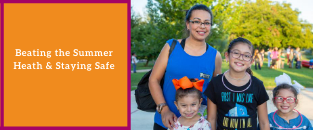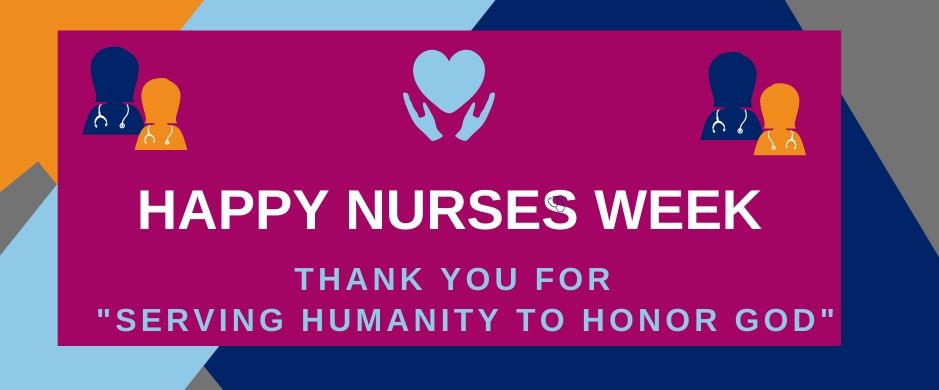 Can we count you in?
Can we count you in?
The coronavirus pandemic has had a tremendous impact on the wellness of every American. It has changed the way we live, work and pray and introduced extraordinary measures we as responsible citizens are now taking to safeguard the health and wellness of our families and communities. And now, it threatens to negatively impact communities across the country over the next ten years if we don’t take decisive action to ensure a complete and accurate 2020 U.S. Census count.
Each new decade, the United States Census Bureau conducts a census to make sure we have an accurate population count, as required by the U.S. Consitutuion. Those results are used to make important funding decisions for dozens of federal programs, including deciding how much money each state receives in response to a disaster. This has been especially critical during the coronavirus pandemic as Texas received billions in funding through the relief bills passed by Congress. The funds have come in the form of assistance to hospitals, unemployment assistance benefits, Paycheck Protection Program (PPP) loans for small business, increases to Supplemental Nutrition Assistance Program (SNAP) dollars and much more.
To pick an example from our current Census funding cycle, in 2015 the federal government distributed $675 B to over 132 programs supporting services and activities Texans rely on every day. Those critical dollars provide the essential infrastructure and opportunities to support resilient families and sustain thriving communities across Texas.
To lay out where the impact can be seen, the U.S. Department of Agriculture (USDA) funds SNAP Benefits, as well as funding for national school lunch programs. For many hard-working, low-income Texas families, these programs ensure nutritional meals for children who might otherwise go without.
The U.S. Department of Education awards funding for Title 1 Grant dollars for local education agencies, as well as funding for special education programs that support children with special abilities. With educational attainment levels increasingly being recognized as a critical social determinant of health—programs like these are essential in shaping how our children learn and grow to reach their full health and potential.
Similarly, the Small Business Administration (SBA) allocates funding for its Small Business Development Centers using census data. Thriving communities where small businesses get the support they need to flourish contribute significantly to a strong local job market and economy.
Even the Department of Transportation utilizes census data to allocate monies for highway planning and construction, as well as highway safety grant programs. This is especially important outside of metropolitan areas, where access to care is connected by the roads the state build and maintains—more and better roads means increased opportunities to provide quality care.
With just about every federal agency looking to census data to make decisions about how much funding each state receives to operate these types of critical programs, the case for a complete census count becomes clear.
As of August 20, Texas ranks 39th in the United States in response rate to the census. 38 otherstates are doing a better job of making sure its residents are counted. Being undercounted means that Texas stands to lose billions in vital federal funding dollars. We must do better.
To crystalize the criticality of a complete count, after the 2010 Census, enrollment in Hidalgo County’s Head Start Program capped at an enrollment of 3,600, however an estimated 14,000 children qualified for that program. That’s over 10,000 children that were left out of this empowering education program, which then hinders their ability to succeed in school and beyond.
Historically, Texas has a high share of “hard to count” populations, especially minorities, children under the age of five and low-income families that were underrepresented in previous census counts according to a study “The 2020 Census: Why It’s Important.” The impact on our state is real.
At Methodist Healthcare Ministries, we are focused on supporting the wellness of resilient families that make up thriving communities in 74 South Texas counties. That’s why we are invested in doing all we can to ensure every Texan participates and gets counted. We want to make sure Texas receives the funds it needs—and deserves—to help lift up our communities.
As our communities rightly struggle to manage the impact of COVID-19, it is equally imperative to not allow the coronavirus to take an accurate census count away from us. Texas is counting on you, can you be counted on to complete your census and help shape the future health of our communities?
Jaime Wesolowski is the President & CEO of Methodist Healthcare Ministries of South Texas, Inc., a faith-based, not-for-profit organization working to create access to care for low-income, uninsured families through services, strategic grant-making and community partnerships in 74 counties across South Texas.
A version of this OpEd has run in the McAllen Monitor and the Brownsville Herald.
———————————————————————————————————————
¿Podemos contar con usted?
La pandemia de coronavirus ha tenido un tremendo impacto en el bienestar de todos los Estadounidenses. Ha cambiado la forma en que vivimos, trabajamos y oramos, e introdujo medidas extraordinarias que ahora estamos tomando para salvaguardar la salud de nuestras familias y comunidades. Y ahora, amenaza con impactar negativamente a las comunidades de todo el país durante los próximos diez años si no tomamos medidas decisivas para garantizar un recuento completo y preciso del censo.
Cada nueva década, el United States Census Bureau realiza un censo para asegurarse de que tengamos un recuento preciso de la población, como lo exige la Constitución de los Estados Unidos. Esos resultados se utilizan para tomar importantes decisiones de financiación para numerosos programas federales, incluyendo la decisión de cuánto dinero recibe cada estado en respuesta a un desastre. Esto ha sido especialmente fundamental durante la pandemia de coronavirus, ya que Texas recibió billones en fondos a través de los proyectos aprobados por el Congreso. Los fondos han llegado en forma de asistencia para hospitales, beneficios de asistencia por desempleo, préstamos del Paycheck Protection Program (PPP) para pequeños negocios, aumentos en los dólares del Programa de Asistencia Nutricional Suplementaria (SNAP) y mucho más.
Para tomar un ejemplo de nuestro ciclo actual de financiación del Censo, en 2015 el gobierno federal distribuyó $675 B a más de 132 programas que ayudan a los servicios y actividades de los que dependen los texanos todos los días. Esos dólares fundamentales proporcionan la infraestructura necesaria y las oportunidades para ayudar a las familias resilientes y mantener comunidades prósperas a través de Texas.
Para mostrar dónde se puede ver el impacto, el U.S. Department of Agriculture (USDA) financia los Beneficios del SNAP, así como fondos para programas nacionales de comidas escolares. Para muchas familias de bajos ingresos, estos programas aseguran comidas nutritivas para los niños que de otro modo no tendrían.
El U.S. Department of Educationotorga fondos para los dólares del Subsidio Título 1 para agencias locales de educación, así como fondos para programas de educación especial que apoyan a niños con habilidades especiales. Programas como estos son esenciales para determinar cómo nuestros niños aprenden y crecen para alcanzar su plena salud potencial.
Del mismo modo, el Small Business Administration (SBA) asigna fondos para sus Centros de Desarrollo de Pequeños Negocios utilizando datos del censo. Las comunidades prósperas donde los pequeños negocios obtienen la ayuda que necesitan para prosperar contribuyen significativamente a un mercado laboral y una economía local fuerte.
Incluso el Department of Transportation utiliza datos del censo para asignar fondos para la planificación y construcción de carreteras. Esto es especialmente importante fuera de las áreas metropolitanas, porque más y mejores carreteras significan mayores oportunidades para brindar atención de calidad.
Con casi todas las agencias federales buscando datos del censo para tomar decisiones sobre la cantidad de fondos que recibe cada estado para operar este tipo de programas fundamentales, queda clara la cuestión de un conteo completo del censo.
A partir del 20 de agosto, Texas ocupa el puesto 39ª en los Estados Unidos en tasa de respuesta al censo. Otros 38 estados están haciendo un mejor trabajo para asegurarse de que sus residentes sean contados. No ser contados en su totalidad significa que Texas perderá billones de dólares en importantes fondos federales. Debemos hacerlo mejor.
Para materializar la importancia de un conteo completo, después del Censo 2010, la inscripción en el Programa Head Start del Condado de Hidalgo se limitó a una inscripción de 3,600, sin embargo, se estima que 14,000 niños calificaron para ese programa. Son más de 10,000 niños que quedaron fuera de este programa educativo, que luego limita su capacidad de tener éxito en la escuela.
Históricamente, Texas tiene una gran proporción de poblaciones "difíciles de contar", especialmente las minorías, los niños menores de cinco años y las familias de bajos ingresos que fueron subrepresentadas en los recuentos censales anteriores según un estudio “The 2020 Census: Why It’s Important." El impacto en nuestro estado es real.
En Methodist Healthcare Ministries of South Texas, Inc. estamos enfocados en apoyar el bienestar de las familias resilientes que forman comunidades prósperas en 74 condados del Sur de Texas. Es por eso que estamos comprometidos en hacer todo lo posible para garantizar que cada texano participe y sea contado. Queremos asegurarnos de que Texas reciba los fondos que necesita, y merece, para ayudar a mejorar nuestras comunidades.
A medida que nuestras comunidades luchan correctamente para controlar el impacto del COVID-19, es igualmente imperativo no permitir que el coronavirus nos quite un censo preciso. ¿Se puede contar con usted para completar su censo y ayudar a dar forma a la salud futura de nuestras comunidades
Jaime Wesolowski es el Presidente y Director Ejecutivo de Methodist Healthcare Ministries of South Texas, Inc., una organización sin fines de lucro basada en la fe que trabaja para crear acceso a la atención para familias de bajos ingresos y sin seguro a través de servicios, subvenciones estratégicas y asociaciones comunitarias en 74 condados en el Sur de Texas.



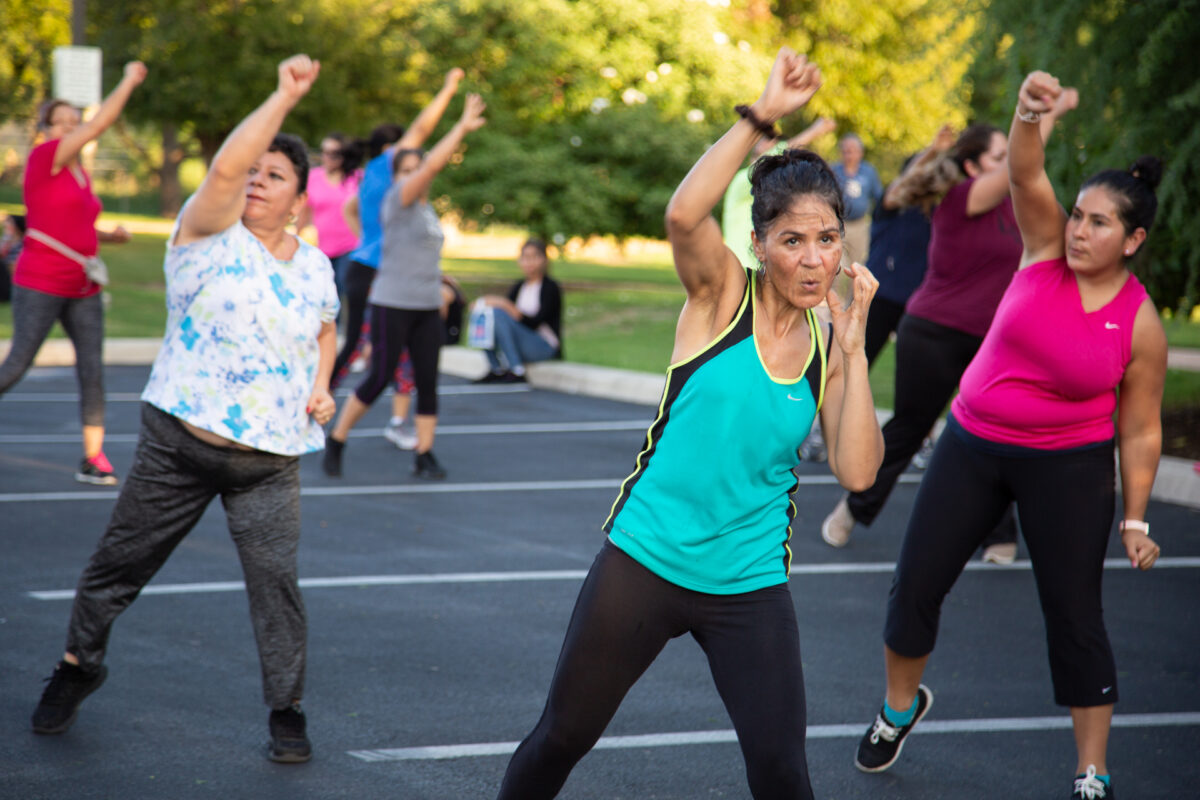


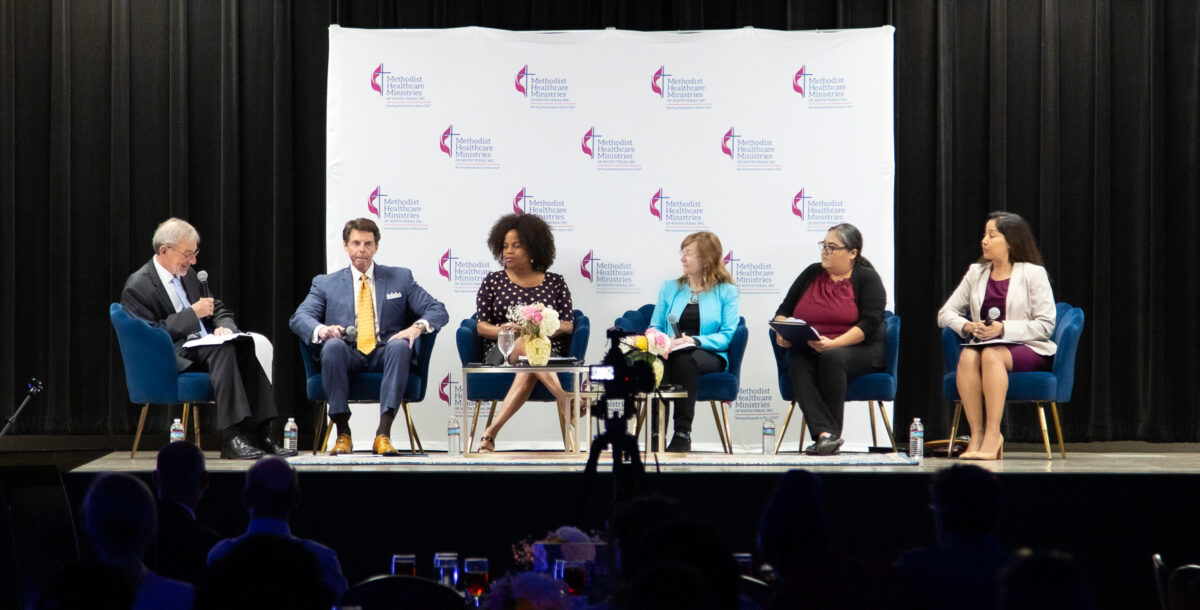


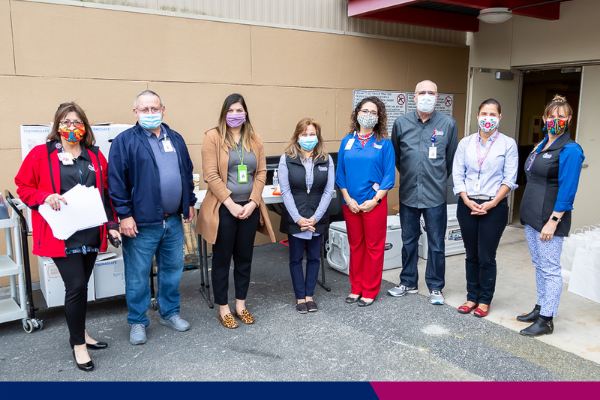
 during her treatment and provide physical and emotional support as she was at home. For that, I am very grateful.
during her treatment and provide physical and emotional support as she was at home. For that, I am very grateful. 
 I lost my grandmother in September 1995 to Alzheimer’s Disease. My mother predicted back then that she would probably also inherit the disease. Many decades later, she sought the advice of a neurologist at the first signs of the disease. Initially, symptoms were small things like forgetting why you went to the grocery store or not finding your purse for weeks. Then it turned into constantly repeating the same things, being a danger to herself and others in the kitchen, forgetting how to swallow or how to walk and, ultimately, being unable to recognize us as her family. My mother was taking all the known medications for Alzheimer’s Disease.
I lost my grandmother in September 1995 to Alzheimer’s Disease. My mother predicted back then that she would probably also inherit the disease. Many decades later, she sought the advice of a neurologist at the first signs of the disease. Initially, symptoms were small things like forgetting why you went to the grocery store or not finding your purse for weeks. Then it turned into constantly repeating the same things, being a danger to herself and others in the kitchen, forgetting how to swallow or how to walk and, ultimately, being unable to recognize us as her family. My mother was taking all the known medications for Alzheimer’s Disease.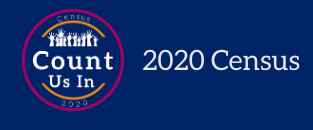
 Can we count you in?
Can we count you in?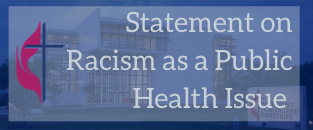

 Methodist Healthcare Ministries of South Texas, Inc. provided two San Antonio youths with a unique opportunity to gain real-world work experience from its experts during this year’s
Methodist Healthcare Ministries of South Texas, Inc. provided two San Antonio youths with a unique opportunity to gain real-world work experience from its experts during this year’s  Davis is grateful for the opportunity
Davis is grateful for the opportunity  Alex Bryant, also a Methodist Healthcare Ministries intern this summer, said he seized the opportunity to participate in the program because he wanted to experience what it’s like to work in the field of information technology and cybersecurity, which is his passion.
Alex Bryant, also a Methodist Healthcare Ministries intern this summer, said he seized the opportunity to participate in the program because he wanted to experience what it’s like to work in the field of information technology and cybersecurity, which is his passion.